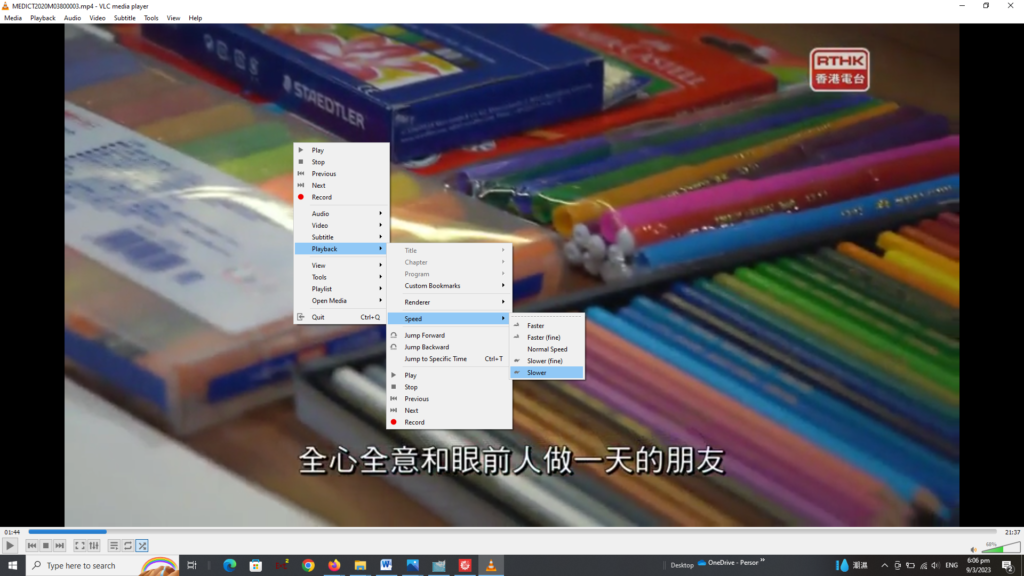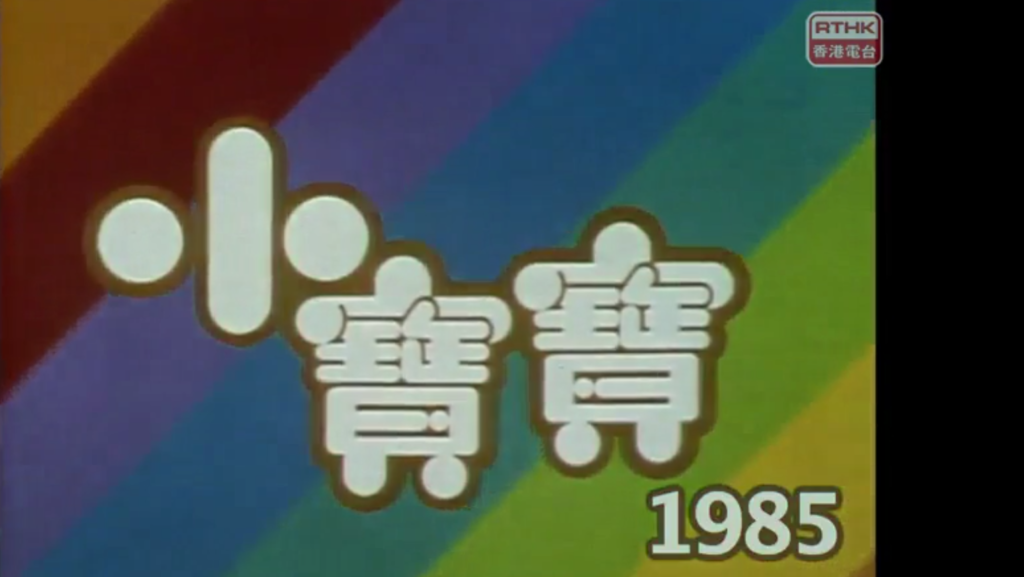Do you find that the locals speak too fast for you to keep up with? Try finding another source to study from. You have to take baby steps towards your goal. For years people in Hong Kong tried to discourage me from learning Cantonese. They didn’t want to speak with me in Cantonese. I found this to be very different than China. On the mainland, they were more willing to put up with my Mandarin mistakes. If it weren’t for the fact that I married a Hong Kong girl, I would have given up. At the time, even my wife, Tracy, discouraged me from learning Cantonese. I just couldn’t imagine wasting all the time that we were together not understanding, nor did I expect her to start only speaking English when I was around. I understood that her friends and her language were both life-giving to her. I knew she needed them. Therefore I needed to learn Cantonese.
Finding Cantonese Materials



When it comes to Cantonese materials, I can’t tell you how many people I asked for help with what to get. Most people told me that they didn’t know. Some told me that they would get back to me but didn’t. A few told me that they would get back to me and got back to me. For example, there was a lady who taught Cantonese at a university. She told me that her university just got a new textbook and that she could give me a copy of the old one. I was so excited. I spent a lot of time studying that textbook and it was really helpful. For me finding good material to study from was a process of trial and error. Here are some of my favourites with their links below. Thankfully, I found Pleco about 20 years ago when I first started studying Chinese. This is the best dictionary on the market for foreigners. It is great for both Mandarin and Cantonese. One web service that I found helpful was Cantonese101. Their materials are very useful and they have everything from beginner to advanced. If you are self-motivated person and are looking for an online platform to learn from I recommend them. I also recommend a book called Complete Cantonese.

TV Programs
I was attracted to both RTHK and TVB’s social issues programs (鏗鏘集 and 新聞透视), but there was a big problem both of them were too fast for me. In addition, I didn’t know a lot of the vocabulary in the programs. I think a lot of people would have said nope, you should be upper-level intermediate before listening to programs like that, but I didn’t have in-between-level programs. I just had a strong desire to learn, so I saved each of the podcasts that were on everyday life topics that I didn’t feel were too difficult for me and played them back on VLC at 60 percent speed. In the beginning, this was too fast for me. I had to pause the videos every few seconds to look up the words that I didn’t know from the subtitles. Of course, the spoken word and the subtitles don’t always match. This added another layer of complexity. Still, I found that the majority of the programs were close enough. I took baby steps towards my goal.
Studying materials from RTHK and TVB is still a work in progress. In the past, it used to take me weeks to get through half a program. It was super draining. Sometimes I fell asleep while studying. Now, I actually enjoy finding new programs or going back to watch old programs over again. Don’t get me wrong, I still have a long way to go, but thankfully the learning process has become a more enjoyable one for me.

Children’s Programing
Ideally, I would have found easier, lower-level programming before starting these social issues programs, but I wasn’t able to find any better options. I just did the best I could with what I had. One of the children’s programs that helped me out a lot with vocabulary was an RTHK children’s program. The program dates back to 1985. It was a fun way to learn vocabulary.
A lot of adults think that children’s programs aren’t appropriate for them to study, but I have found that the mixture of sounds, graphics, vocabulary, and story line are great. I admit that it can be humbling to go back to being a child again, and not everyone will permit us to be children again, but I guess the most important question is can we permit ourselves to be children again? This isn’t just important when it comes to the kind of programming that we watch. It is also important when it comes to our attitude toward others and ourselves. Can we allow ourselves to make mistakes? It really can be quite embarrassing. But mistakes are a necessary part of the learning process.
In conclusion, using other materials is a stepping stone. Some people think that you have to be able to talk to a native speaker to learn a language. Great if you have that option available to you, but you might not. Work with what you have and take baby steps towards your goal. We need a variety of content from a variety of sources to develop our language abilities. Eventually, we will improve, talk with local people, and get better results.

